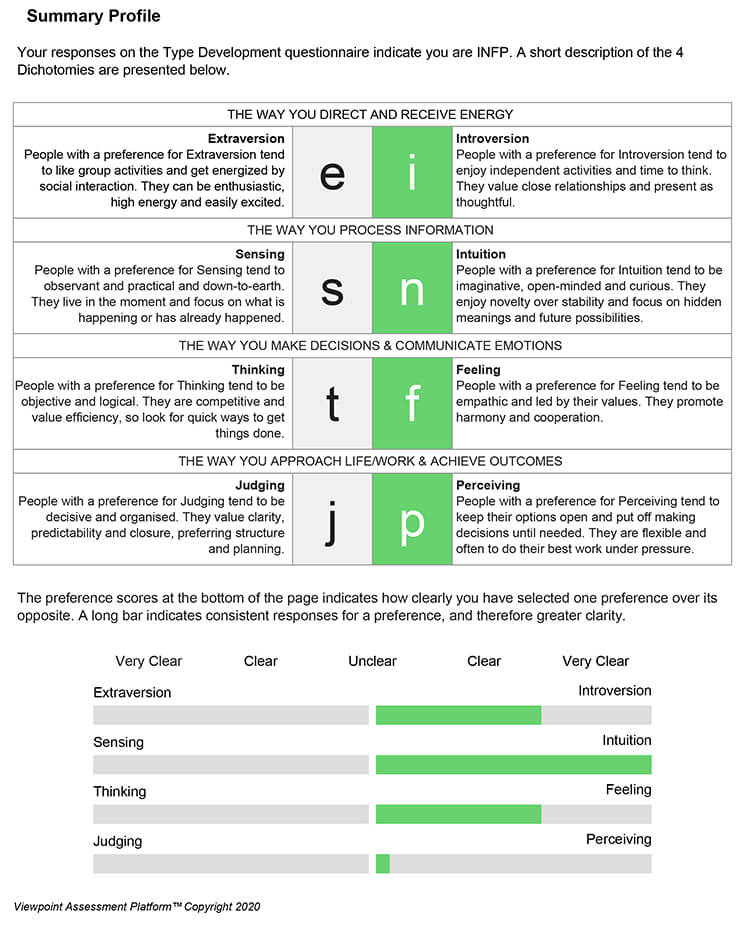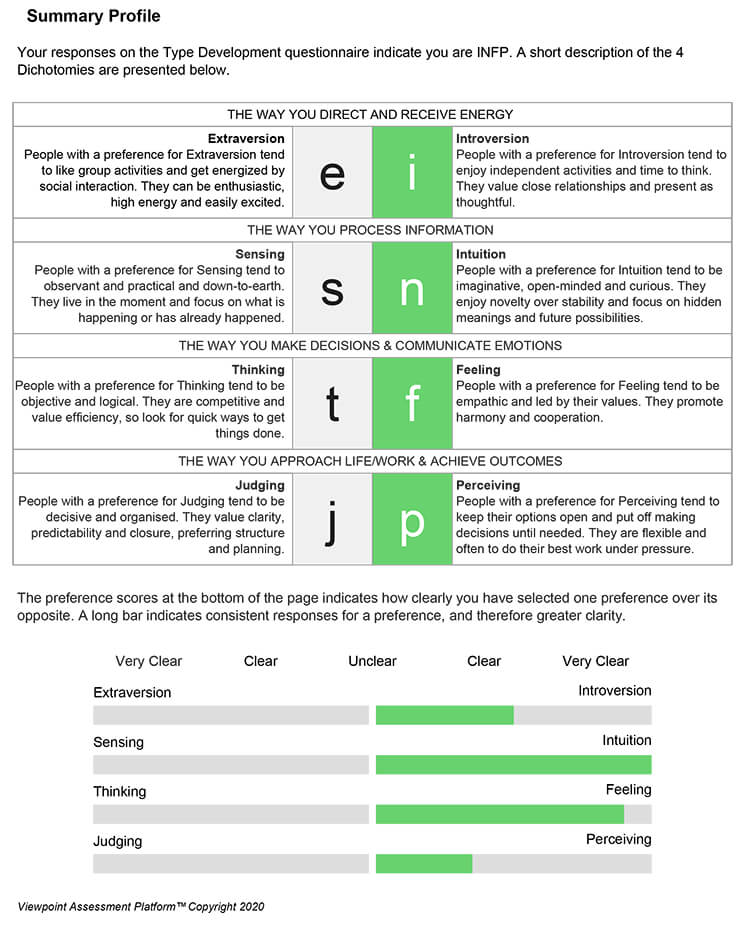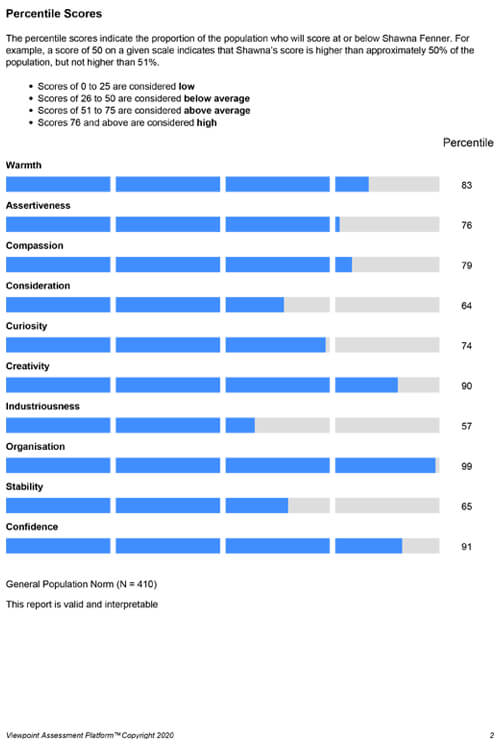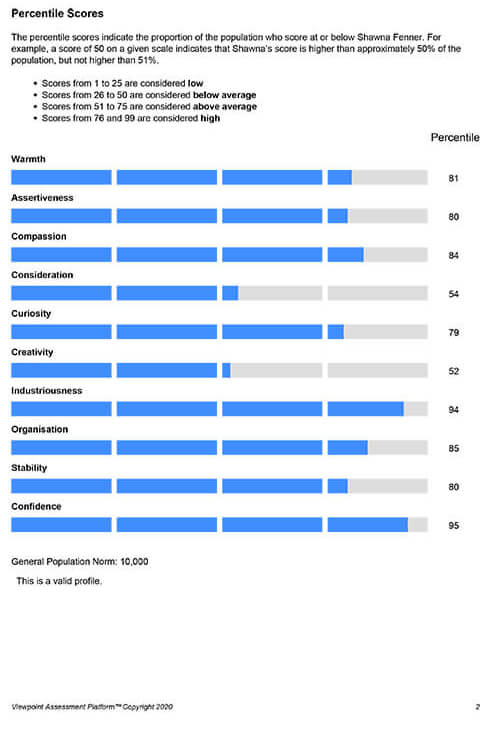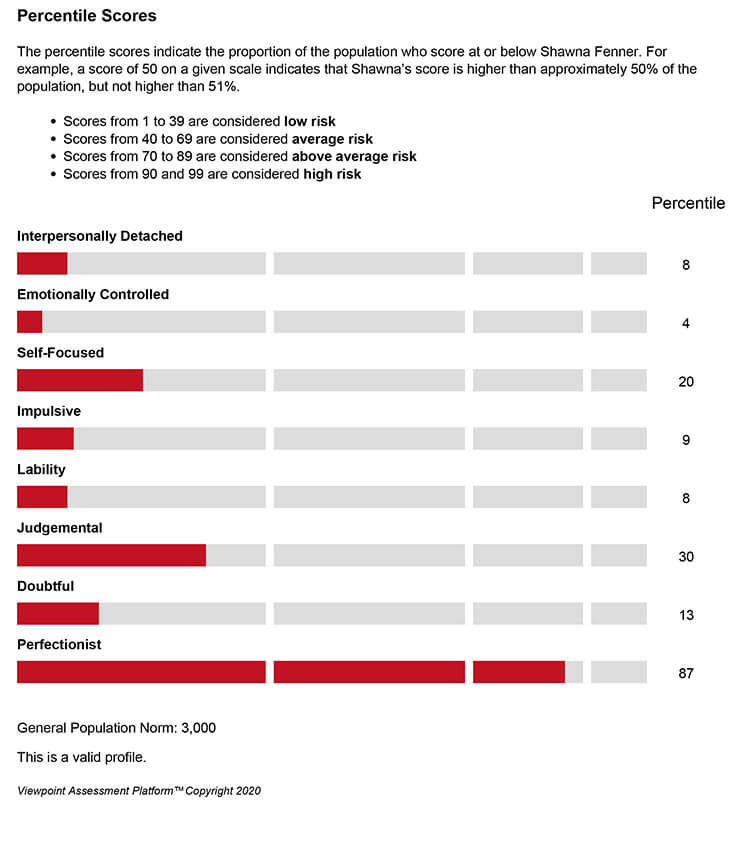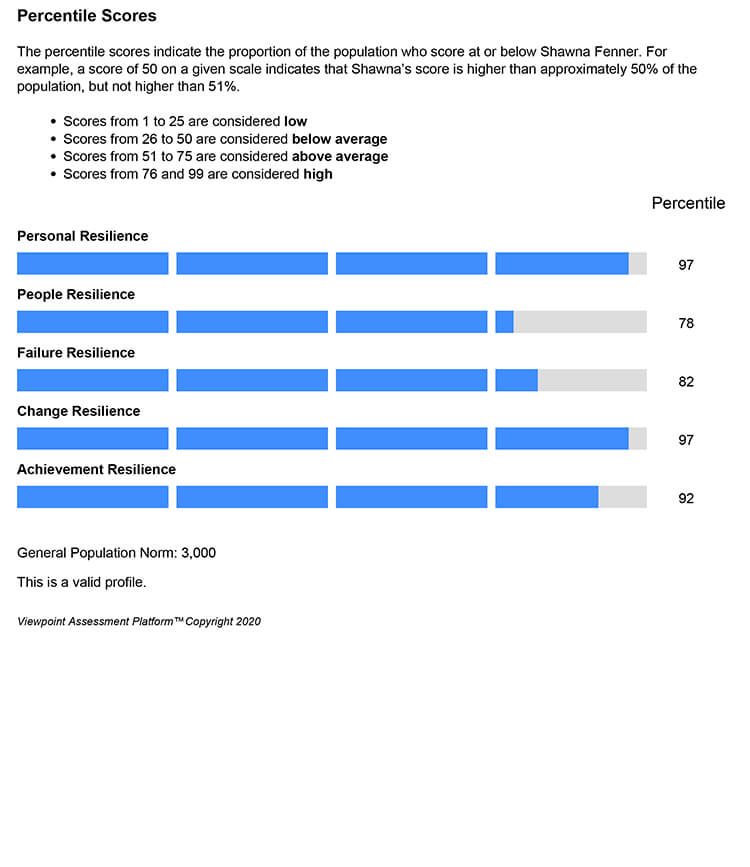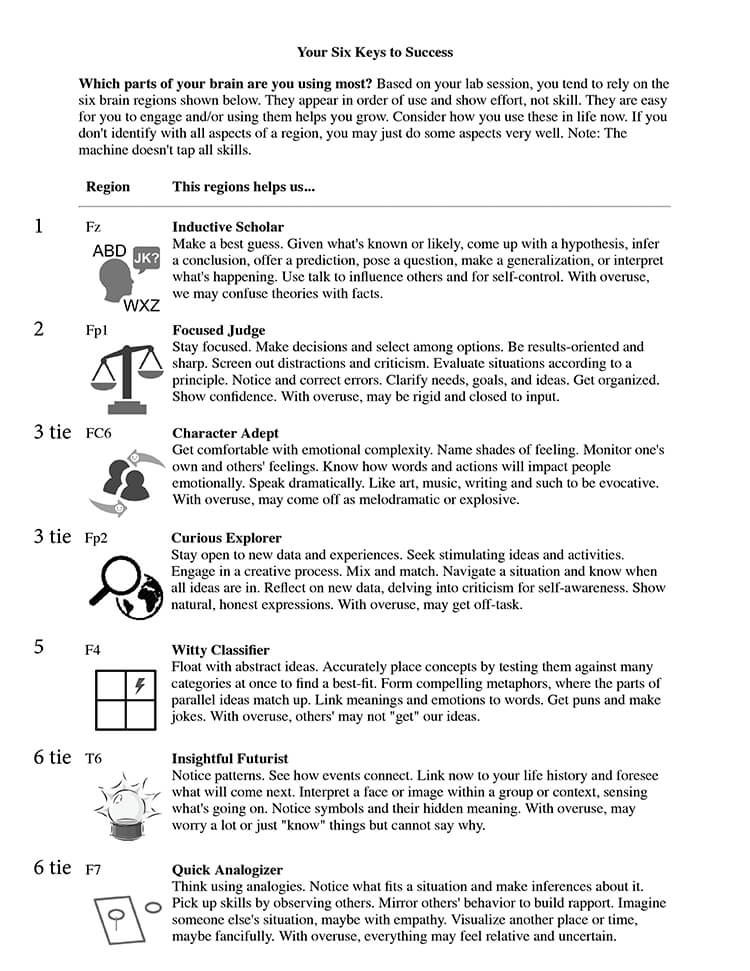My CPT Type Reconsidered
Another Dilemma
It seems that I can’t stop reevaluating and reassessing my CPT type. After rereading several of the type descriptions in the CPT eBook that I had considered for myself before being typed by Harry Murrell, I returned to one in particular. This was the IFS-Nt, otherwise known as the INFP. I employed the same process for grouping this type’s characteristics and potentials as I did with the ENT-Fs.
A Lot Like Me
- Prioritizes sanctity of mind above all things
- Directly in touch with both identity and desires as one seeks the most effective way to balance these components together in the most organized way possible
- Emotional landscape in a constant state of analysis…in order to remain in a state of internal harmony
- Identity itself tends to change slowly over time as an idealized self draws closer to realization
- Potential to vary widely between selflessness and selfishness
- Deeply in touch with and deeply secure within who one is
- Has a strong desire to express oneself (and seek affirmation for) one’s individuality
- Natural aptitude for expressing oneself in an authentic and genuine manner
- Equipped for self-expression through arts/humanities (for me, music, photography, and—a long time ago—poetry)
- Forms deep attachments to people with whom one has shared experiences
- Prioritizes existing attachments so as to continue to unify the past with the present, giving an extremely long-term orientation (which is easily confused with Introverted Intuition)
- Builds to render those things meaningful to the dominant Fi concrete and everlasting
- Forms Fi-attachments to a select few and keeps to a tightly knit social circle
- The external world will often lack detail unless/until Se is activated
- Attracted to various philosophical and theoretical substrates
- Highly concerned with the big picture as it relates to external application
- Tends to benefit more from note-taking processes than any other type
- A natural critic and analyst
- Perfectionist nature
- Rather organized in one’s external world
- Operates outwardly with a set of clearly defined rules
- Tends to dislike imposing rules on others
- Excellent organizational and deductive skills well suited to mathematical and computer sciences (with Fi and Te in balance), especially when operating under the instructions of an authority figure (I once was a statistics tutor, and one of my careers was computer programming)
- Prefers to act on the behest of an institution one believes in than in a more autonomous and mechanistically overwhelming manner.
- Can apply Te-Ne ingenuity to one’s world in a non-stressful manner while remaining deeply in touch with one’s own needs and the needs of others
- With Te activated, can achieve personal happiness and create a positive impact on the world [because] one has the awareness of one’s own values and the means to realize those values in reality
- Fi acts at the behest of Te, seeking to harmonize the external mechanical world with the self; the self will be developed to be of use to others and life as a whole, and identity will align itself with skill sets as well as the needs of the situation
- With Te activated, the individual will work hard and to a high standard on behalf of another, while relying on an external body to provide a framework of rules and make decisions on the Fi-dominant’s behalf.
Somewhat Like Me
- Black-and-white view of external order: approximate perfection or complete disarray (in my youth)
- Potentially stubborn in nature
- Enabled by highly developed relational empathy to excel in psychiatry and soft sciences
- Sees the self as an extension of the other (or vice versa)
- Quiet charisma
- Fairly nostalgic; desires the comfort already experienced (for example, I hate travel and love being home among my feline family and possessions)
- Highly imaginative
- Tends to benefit more from brainstorming processes than any other type
- Tends to dislike making decisions that would affect another person
- Very uncomfortable and overwhelmed in a leadership position (not something I desire, but can do to some extent)
Iffy
- Can take longer for this type to settle on a career path than for other types (I chose teaching early on, but made several career changes along the way)
Not Like Me at All
- Can take longer for this type to settle on an identity than for other types
Thoughts
First, I should note that both the ENT-Fs and IFS-Nt have the same extraverted and introverted elements: Ne-Te and Fi-Si. In my opinion, these pairings do seem to fit me. But there is a major difference between these types. For the ENT-Fs, the extraverted pair is convergent and the introverted pair is divergent. The reverse is true for the IFS-Nt.
So it seems I have a bit of a dilemma. Harry was pretty confident that I am ENT-Fs; his second choice was ISF-Tn (not IFS-Nt). However, as I examine the breakdown of characteristics in each category for each type, I believe that more of the characteristics of the IFS-Nt seem to “fit” me.
In conclusion, I find that I am unable to reach a conclusion. I can say only that I have narrowed down the possibilities to two. I need to answer two important questions:
- Am I lens-dominant, as Harry believes, or codec-dominant?
- Am I more reactive (extraverted) or proactive (introverted)?
